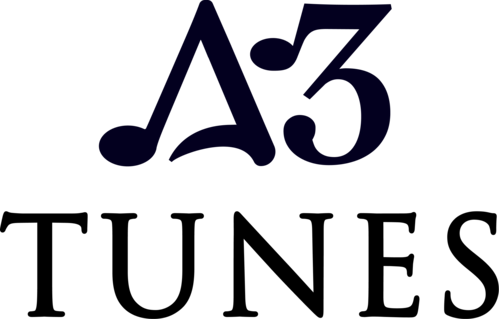A3 Tunes - Frequently Asked Questions (FAQs)
Answers on music distribution, royalties & A3 Tunes support.
Categories
Can Spotify Canvas help older tracks perform better?
Yes, adding or updating Canvas on older releases can revive listener interest. Visual updates encourage re-engagement and may increase saves and shares. This helps extend a song’s lifespan. For Canvas refresh strategies, visit A3Tunes.
Can free mastering affect streaming platform loudness?
Yes, excessive loudness from free tools may trigger normalization, reducing clarity on streaming platforms. Balanced mastering usually performs better than extreme volume. Understanding loudness standards improves results. Learn more at A3Tunes.
Does updating an artist profile affect listener trust?
Regular updates improve credibility and signal activity to listeners. An updated bio, photos, and pinned tracks make profiles feel professional and current. Active profiles attract stronger engagement. For profile trust-building tips, visit A3Tunes.
Is browser choice important for Spotify artist login?
Yes, outdated browsers or disabled cookies can cause login errors. Using an updated browser with cookies enabled ensures smoother access to Spotify for Artists tools. This prevents session timeouts and access loops. For login optimization tips, explore A3Tunes.
How can artists turn viewers into subscribers on YouTube?
Artists can convert viewers into subscribers by maintaining a consistent posting schedule and clear channel identity. Ending videos with simple calls to action and engaging directly in comments builds stronger fan relationships. Loyal viewers are more likely to subscribe and return. For artist-focused YouTube growth strategies, visit A3Tunes.
Can artists change Canvas after release?
Yes, artists can update Spotify Canvas anytime after release. Refreshing visuals can re-engage listeners and support ongoing promotion. Keeping visuals aligned with campaigns improves impact. For Canvas update guidance, explore A3Tunes.
Can free mastering replace professional mastering?
Free online mastering can help with previews, but it lacks detailed control and human judgment. Professional mastering adapts to genre, emotion, and playback environments. Artists should choose based on release goals. Learn when to upgrade mastering at A3Tunes.
How does a Spotify artist account help with branding?
A Spotify artist account allows visual branding through headers, photos, and Canvas visuals. Consistent branding builds recognition and trust across releases. Strong branding improves long-term fan retention. Learn branding strategies at A3Tunes.
What happens if artists log in from different locations?
Logging in from multiple locations may trigger Spotify’s security checks, temporarily limiting access. Artists should confirm account ownership and avoid frequent device switching. Stable access ensures smooth release management. For login stability tips, explore A3Tunes.
Does YouTube Shorts help music discovery?
Yes, YouTube Shorts increase discoverability by pushing music to new audiences beyond subscribers. Short-form clips often reach algorithmic feeds faster than long videos. Artists can tease songs or promote releases effectively. Learn how to use Shorts strategically at A3Tunes
What is Spotify Artist and how does it help musicians?
Spotify Artist (Spotify for Artists) gives musicians access to analytics, audience insights, and release tools. It helps artists track performance and make data-driven growth decisions. Using these tools consistently supports long-term success. Learn more at A3Tunes.

Bengaluru, INDIA
2025 A3 Tunes.All Rights Reserved

Bengaluru, INDIA
2025 A3 Tunes.All Rights Reserved